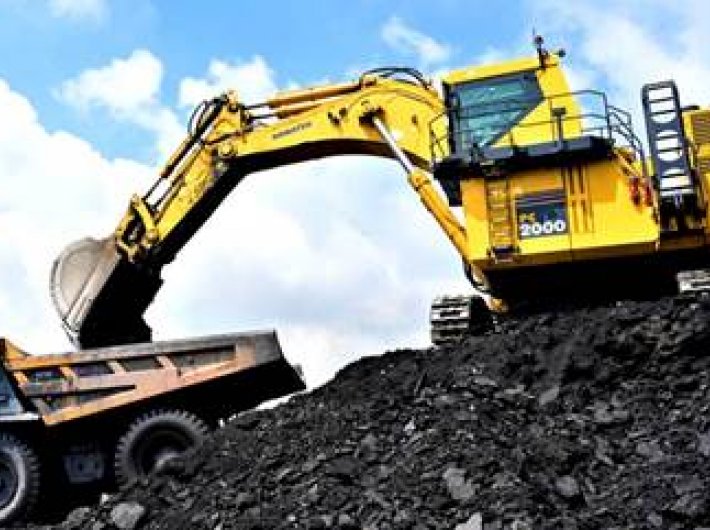India has reiterated that it stands committed to reduce Emissions Intensity of its GDP by 45 percent by 2030, from 2005 level (as per the updated NDC submitted to UNFCCC in August 2022) and to achieve about 50 percent cumulative electric power installed capacity from non-fossil fuel-based energy resources by 2030.
This will be possible with the help of transfer of technology and low-cost international finance including from Green Climate Fund, minister of state for environment, forest and climate change Ashwini Kumar Choubey said on Thursday.
India has put forward a healthy and sustainable way of living based on traditions and values of conservation and moderation, through a mass movement for ‘LIFE’– ‘Lifestyle for Environment’ as a key to combating climate change.
The NDC update is also a step towards achieving India’s long term goal of reaching net-zero by 2070; for which India has prepared and submitted a separate framework document titled ‘India’s Long-term Low Carbon Development Strategy’ to the secretariat of the UNFCCC in November 2022.
In a written reply to a question in Rajya Sabha, Choubey said that the government stands committed to combat climate change through its several programmes and schemes including the National Action Plan on Climate Change (NAPCC) which comprises of missions in specific areas of solar energy, energy efficiency, water, sustainable agriculture, Himalayan ecosystem, sustainable habitat, health, green India, and strategic knowledge for climate change. The National Solar Mission under the NAPCC is one of the key initiatives to promote sustainable growth while addressing India’s energy security. Some of the measures undertaken to promote renewable power in the country are as follows:
* Permitting Foreign Direct Investment (FDI) up to 100 percent under the automatic route;
* Waiver of Inter State Transmission System (ISTS) charges for inter-state sale of solar and wind power for projects to be commissioned by 30th June 2025;
* Declaration of trajectory for Renewable Purchase Obligation (RPO) up to the year 2029-30;
* Setting up of Ultra Mega Renewable Energy Parks to provide land and transmission to Renewable Energy (RE) developers for installation of RE projects at large scale;
* Schemes such as Pradhan Mantri Kisan Urja Suraksha evam Utthaan Mahabhiyan (PM-KUSUM), Solar Rooftop Phase II, 12000 MW Central Public Sector Undertaking (CPSU) Scheme Phase II, etc.;
* Laying of new transmission lines and creating new sub-station capacity under the Green Energy Corridor Scheme for evacuation of renewable power;
* Notification of standards for deployment of solar photovoltaic system/devices;
* Setting up of Project Development Cell for attracting and facilitating investments;
* Standard Bidding Guidelines for tariff based competitive bidding process for procurement of Power from Grid Connected Solar photovoltaic system and Wind Projects;
* Notification of Promoting Renewable Energy through Green Energy Open Access Rules 2022;
* Notification of “The electricity (Late Payment Surcharge and related matters) Rules 2002 (LPS rules)”; and
* Issued orders that power shall be dispatched against Letter of Credit (LC) or advance payment to ensure timely payment by distribution licensees to RE generators.
The written reply stated that India has progressively continued decoupling of economic growth from greenhouse gas emissions. India’s emission intensity of gross domestic product (GDP) has reduced by 24 percent between 2005 and 2016. As on November 30, 2022, India’s total electric power installed capacity from non-fossil fuel based energy resources is 173.14 GW, which is 42.3 percent of the total electric power installed capacity from non-fossil based energy resources.
The reply further stated that the government has encouraged states and UTs to prepare their State Action Plan on Climate change in line with NAPCC. The priority sectors identified under the Andhra Pradesh’s state action plan on climate change are agriculture and livestock, health, energy, marine and fisheries, irrigation and water supply, manufacturing, transport and forestry.
